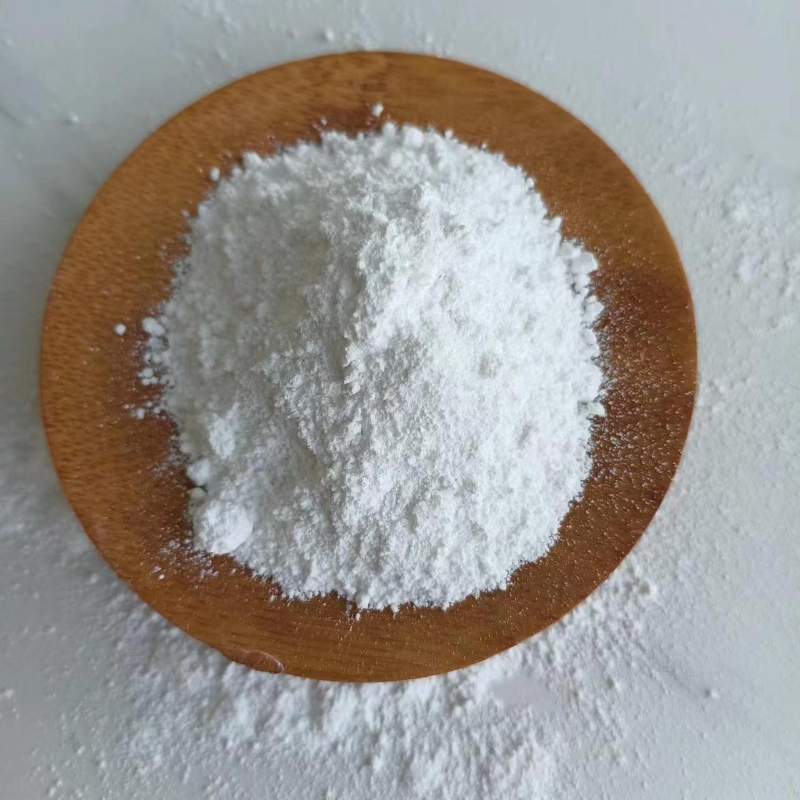-
Categories
-
Pharmaceutical Intermediates
-
Active Pharmaceutical Ingredients
-
Food Additives
- Industrial Coatings
- Agrochemicals
- Dyes and Pigments
- Surfactant
- Flavors and Fragrances
- Chemical Reagents
- Catalyst and Auxiliary
- Natural Products
- Inorganic Chemistry
-
Organic Chemistry
-
Biochemical Engineering
- Analytical Chemistry
- Cosmetic Ingredient
-
Pharmaceutical Intermediates
Promotion
ECHEMI Mall
Wholesale
Weekly Price
Exhibition
News
-
Trade Service
Ulcerative colitis (UC) and Crohn's disease (CD) are chronic inflammatory bowel diseases characterized by bloody diarrhea, abdominal pain, and stool emergency and stool incontinence.
conventional treatments for UC and CD remission that induce moderate to severe activity include 5-aminosic acid, corticosteroids, and immunomodulating agents (e.g. thiopental, methotrexate).
, however, corticosteroids and immunomodulants are associated with severe adverse events (AEs).
Immunosuppression with corticosteroids during anti-TNF therapy appears to be an important risk factor for serious infections, while the treatment of thiopental and 6--based pyrethroids may increase the risk of lymphoma.
is approved for the treatment of failed IBD patients using corticosteroids, immunomodulants or anti-TNF drugs.
whether long-term use will be safe, there is no research reported, this study aims to study this.
researchers conducted a retrospective analysis of a forward-looking XAP data queue, a forward-looking, open-label, transnational intervention study.
IBD patients who continued to receive clinical benefits from the use of Vidodo monoantigen increased the frequency of dosing from once every 4 weeks (Q4W) to once every 8 weeks (Q8W).
the researchers analyzed the persistence, recurrence rate and safety of Q8W doses in patients after 2 years in the group.
311 patients (142 UC and 169 CD) were recruited for this study.
baseline, clinically remission patients were 93.7% (UC) and 89.3% (CD);
93.9% (UC) and 91.6% (CD) of patients who reduced the dose frequency to Q8W at the time of admission were still at Q8W, and 6.1% (UC) and 8.4% (CD) were re-upgraded to Q4W doses.
9.1% (UC) and 14.0% (CD) relapses in patients with reduced doses to Q8W.
adverse events associated with Vidodo's single resistance are rare.
the end of the study, the authors explained that there was a clear correlation between the decrease in the frequency of XAP dosing and the re-elevation and recurrence of Q4W doses, and that the drug was more persistent in patients using the Q8W-resistant version of Vidojudan.







